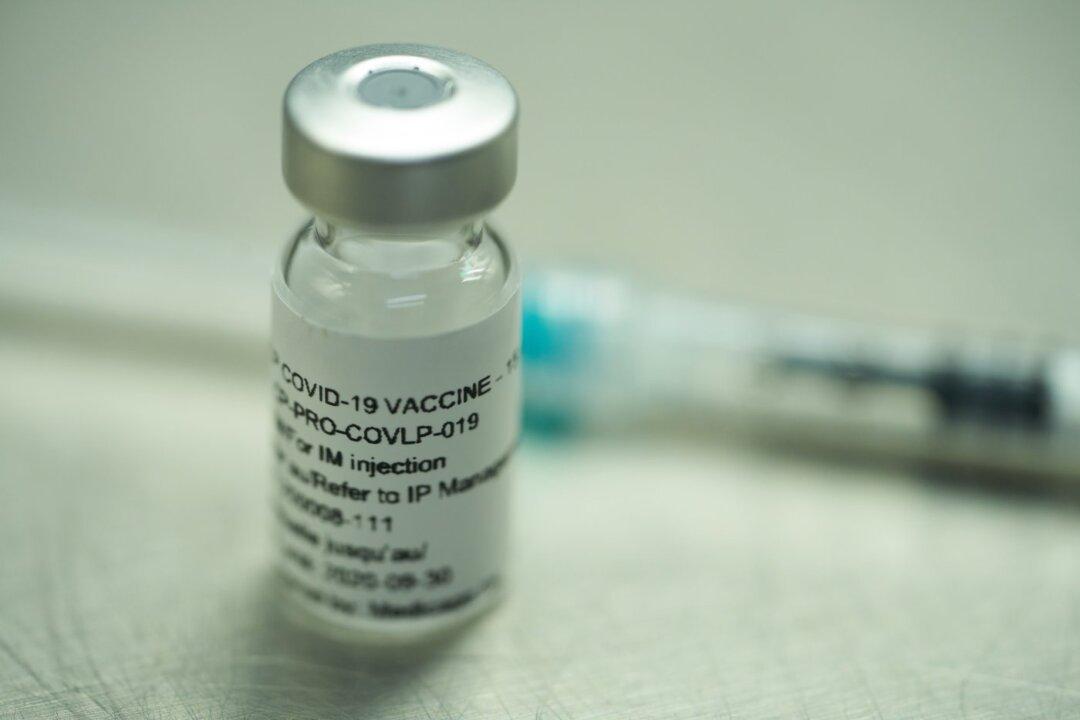MPs on the House of Commons health committee are launching a study into the more than $300 million the federal government paid to Quebec-based Medicago, a defunct company whose COVID-19 vaccine never made it to market.
“Three hundred million dollars of taxpayer money was wasted and was hidden deep in a document,” Conservative MP Stephen Ellis told the committee Nov. 8.





